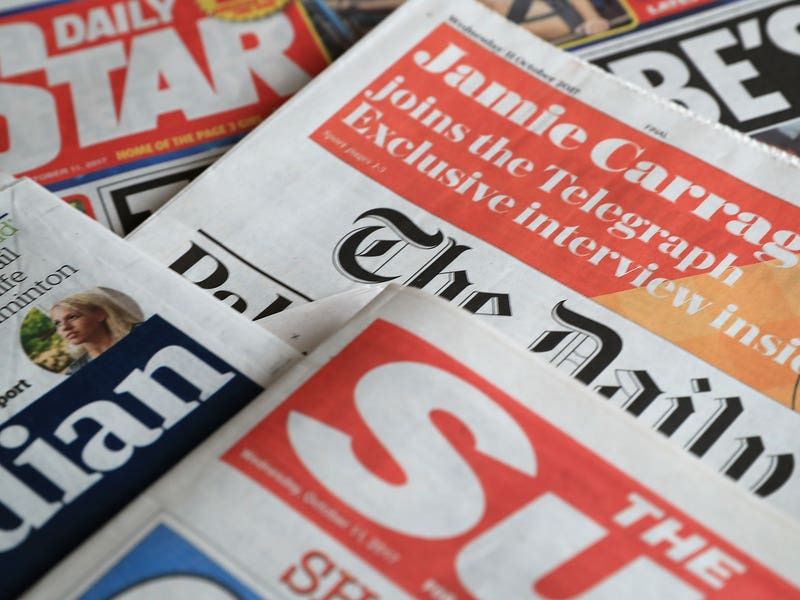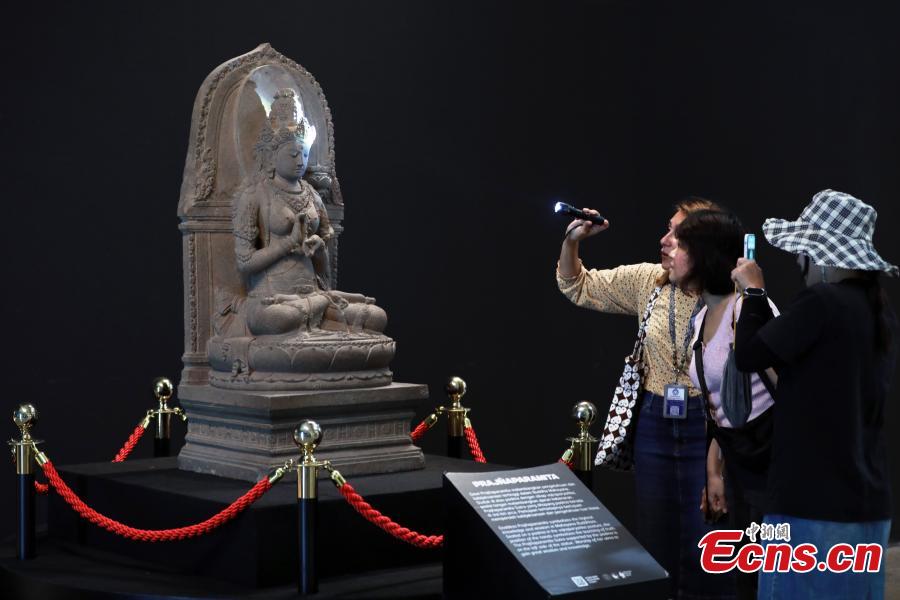
New Delhi: After companies, it’s now the turn of celebrities and social media influencers to draw censure from the Central Consumer Protection Authority (CCPA). They face fines of up to 50 lakh if found promoting alcohol and tobacco through surrogate advertising, said two people directly involved in framing new guidelines on surrogate ads. Under the new rules being framed by the apex consumer protection agency, celebrities and influencers found participating in surrogate ads will face a penalty of 10 lakh for a first-time violation and 50 lakh for each subsequent violation.
Clause 13 invoked “We have invoked Clause 13 of the existing guidelines for the prevention of misleading advertisements and endorsements, 2022, in the upcoming norms for surrogate ads," the first person said. As per the draft guidelines, seen by , endorsers—such as celebrities and social media influencers—must ensure they are promoting legitimate products and not restricted items like alcohol or tobacco. “The endorsers have to follow specific rules outlined in Clause 13 of the 2022 guidelines.
This means they need to make sure the advertisement isn’t misleading or deceptive. They should carefully check that the claims in the ad are true, clear, and won’t mislead the public," this person explained. For example, if a celebrity endorses a product like soda, packaged water or T-shirts, they must verify that these don’t have messaging, branding or packaging that closely resemble any alcohol or other restricted brands.
Also read | There is a complete ban on tobacco and alcohol advertising in India, and it's common practice for whiskey brands to try and get around the ban by advertising on the back of sodas. This rule is meant to prevent brands from subtly promoting restricted products by associating them with permissible ones. Emphasis on alcohol, tobacco ads The new guidelines place particular emphasis on alcohol and tobacco ads.
“The draft rules make it very clear that celebrities can be held responsible and face penalties if they promote restricted products indirectly through surrogate ads. We have tried to close loopholes that let celebrities or influencers advertise restricted items in a roundabout way," the second person said. Under the new rules, if a company sells a restricted product such as alcohol or tobacco but launches a new, unrelated product under the same brand name—say a soda or T-shirt—it can advertise the new product.
Also read | However, to do so legally, the company must show that this new product is genuinely available in the market, has a valid sales record, and a clear buying trend. This will ensure that the new product isn’t just a cover to promote the restricted one indirectly. Mint had first reported on 14 March that the government is coming out with stricter guidelines to put a check on surrogate ads.
Under CCPA scrutiny On 2 October, Mint reported that major alcohol brands are now under scrutiny by the CCPA for using surrogate advertising tactics. The CCPA has sent notices to Bacardi, known for its white rum, French winemaker Pernod Ricard, United Breweries, homegrown Radico Khaitan, and William Grant & Sons, which sells the single malt Scotch whisky Glenfiddich, for allegedly promoting their alcohol products indirectly by advertising non-alcoholic products under the same or similar branding. “Everyone is eagerly awaiting the new rules, which are carefully designed to protect consumers—especially young people—who are often drawn in by promotional ads from celebrities and influencers.
These guidelines aim to reduce the influence of such ads on youth, ensuring they aren't misled by indirect promotions of restricted products," said Ashim Sanyal, CEO of Consumer Voice, a consumer rights advocacy group. Fixing responsibility Clause 13 of the guidelines holds endorsers, advertisers, and agencies responsible for ensuring that ads are truthful and fair. It requires endorsers to check product claims before promoting them, placing accountability on celebrities and influencers to be honest in their promotions.
The CCPA has imposed penalties totalling 38.60 lakh against IAS coaching institutes for misleading advertisements. Also read | According to Statista, an online data research platform, the Indian alcoholic beverage market was valued at around $55 billion in 2023, and the industry is projected to grow at a compound annual growth rate (CAGR) of 7%, potentially reaching $73 billion by 2027.
This indicates steady growth in the market as consumer demand and industry expansion continue. Queries emailed to consumer affairs ministry remained unanswered till press time..










